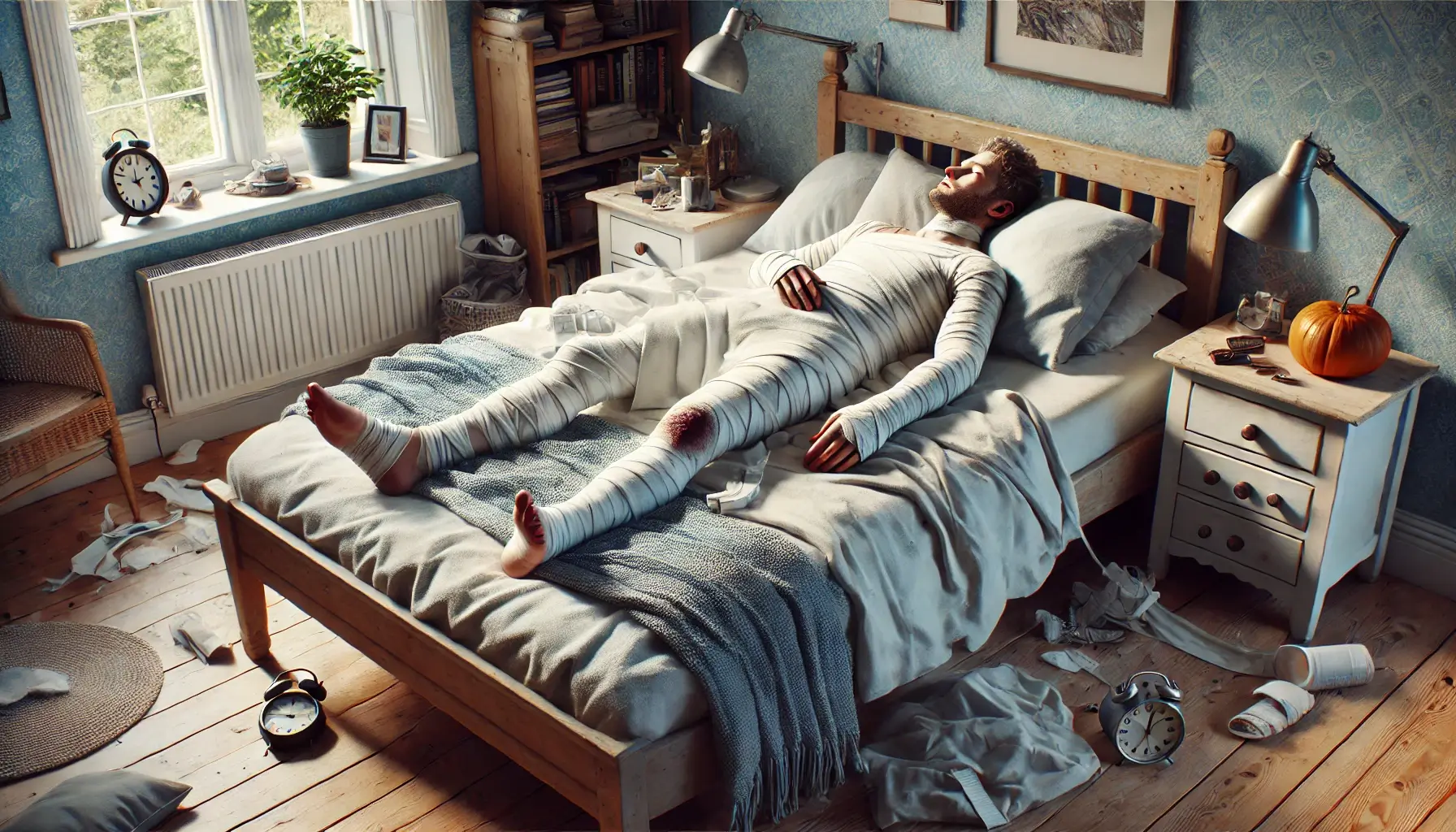Accidents and Injuries in Co-Living Spaces: Understanding Your Rights
The rise of co-living spaces, characterized by shared living areas and private bedrooms within a single property, has become a popular housing option for many, offering affordability, community, and convenience. However, the unique nature of co-living arrangements also raises specific concerns regarding safety, liability, and the rights of residents when accidents or injuries occur within these shared spaces. At SELPH LAW, located at 6047 Frantz Road, Dublin, OH 43017, Suite 101, we recognize the complexities of navigating personal injury claims within co-living environments. This blog post aims to shed light on the legal aspects of accidents and injuries in co-living spaces, providing residents with the knowledge to understand and protect their rights.
The Complexity of Co-Living Arrangements
Co-living spaces blend aspects of traditional roommate arrangements with elements of communal living, often including shared responsibilities and communal areas alongside private living quarters. This blend can complicate liability and responsibility, particularly when injuries result from accidents in shared or private areas.
Common Causes of Injuries in Co-Living Spaces
Injuries in co-living spaces can arise from a variety of scenarios, including:
Slips, Trips, and Falls: Common in shared areas like kitchens, bathrooms, and living rooms, especially if maintenance issues are not promptly addressed.
Faulty or Poorly Maintained Equipment: Injuries caused by defective appliances or furniture in communal areas.
Negligence of Co-Residents: Actions or inactions by co-residents that lead to hazardous conditions, such as leaving obstacles in walkways or failing to clean up spills.
Determining Liability
Determining who is liable for injuries in co-living spaces depends on several factors, including the location of the accident (private versus communal areas), the cause of the injury, and the terms of any rental agreements or contracts. Potential liable parties may include:
Property Owners or Managers: Generally responsible for maintaining common areas and ensuring the property is free from hazardous conditions.
Co-Residents: May be liable if their negligence directly leads to an injury.
Third Parties: Including guests or external service providers who may contribute to unsafe conditions.
Protecting Your Rights
If you’ve been injured in a co-living space, taking the following steps can help protect your rights and support any potential claims:
Report the Injury: Immediately inform the property management and document the incident, including the time, location, and how the injury occurred.
Seek Medical Attention: Prioritize your health and ensure there’s an official record of the injury and its severity.
Document Everything: Take photos of the accident scene and your injuries, and gather contact information from witnesses.
Review Your Lease Agreement: Understanding the terms of your lease can clarify responsibilities and liability coverage.
Consult with a Legal Professional: An attorney can offer guidance on your rights and the best course of action for seeking compensation.
How SELPH LAW Can Help
Navigating the legal aftermath of an injury in a co-living space can be challenging. SELPH LAW is here to help by providing:
Legal Expertise: Our team specializes in personal injury law, offering expert advice tailored to the nuances of co-living arrangements.
Comprehensive Representation: We can represent you in negotiations with property managers, insurance companies, and other parties to ensure you receive fair compensation for your injuries.
Guidance Through the Legal Process: We’ll guide you through each step of the legal process, from filing a claim to litigation if necessary.
Conclusion
Accidents and injuries in co-living spaces present unique legal challenges due to the shared nature of the living arrangements. Understanding your rights and the appropriate steps to take following an injury is crucial. If you find yourself in such a situation, don’t hesitate to reach out to SELPH LAW at (614)-453-0971 for guidance and representation. Our experienced team is dedicated to helping you navigate the complexities of personal injury claims in co-living spaces, ensuring that your rights are protected and that you receive the compensation you deserve.
Sub Categories
Recent Articles
-
 Jul 22, 2024Seasonal Risks Leading to Different Types of Personal Injury Accidents
Jul 22, 2024Seasonal Risks Leading to Different Types of Personal Injury Accidents -
 Jul 22, 2024Common Injuries in Different Personal Injury Cases
Jul 22, 2024Common Injuries in Different Personal Injury Cases -
 Jul 22, 2024Maximizing Compensation in Personal Injury Accident Cases
Jul 22, 2024Maximizing Compensation in Personal Injury Accident Cases -
 Jul 22, 2024Unnatural Provable Negligence in Slip and Fall Cases
Jul 22, 2024Unnatural Provable Negligence in Slip and Fall Cases

